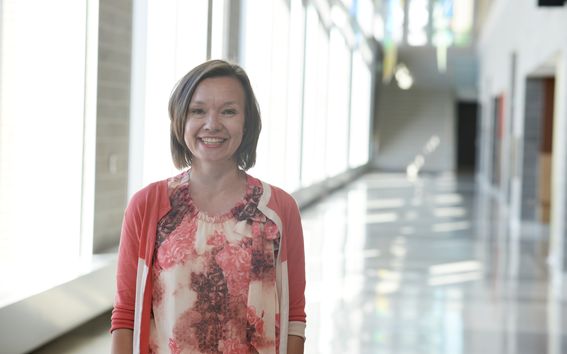Why career design is not a fad
Career design has emerged as an alternative new paradigm to better meet the needs of the changing career realities.

Can careers be designed? A good question – given that design thinking seems to have become the trendy be-all and end-all in business, now careers and even entire life. In fact, career design owes its rising popularity to the course developed by two Stanford design professors and consultants to help students design their life.
While there is certainly some hype in the air, the question is not whether careers can be designed but why they should.
A new paradigm
The Stanfordian life design gospel promises 'a joyful, well-lived life’ and offers a wayfinding methodology to build one. The idea is very simple: apply design thinking to your life/career to ideate and prototype alternative paths. By focusing on curiosity, creativity, and small-scale experiments, you can avoid a search for a burning passion, analysis paralysis or futile attempts to map the unpredictable future.
Long before life design was popularized, career researchers were at work to develop new theories to complement the traditional and static person-environment fit and career stage models. As a result, career design has emerged as an alternative new paradigm to better meet the needs of the changing career realities. More than just a handy design thinking toolkit, it revisions careers as dynamic, identity-driven and narrative processes. As such, career design offers some novel approaches to figuring out your path in life.
Let your career live
Careers are shaped, not planned. While there are still clear occupations and professions to choose from, actual career tracks have all but disappeared. This places more responsibility on you and makes career construction a lifelong process without clear signposts.
Instead of planning, you can view your career the way Aalto University sees its strategy: living. Even though you can’t predict the future, you can design your path with one experiment at a time.
What gives your ’strategy’ its shape and scope, is your purpose.
Craft your purpose
Despite some popular advice, you don’t need a passion to have a meaningful career and neither do you need to find a purpose. Instead, equipped with a little bit of curiosity, you can craft your purpose(s) along the way as you learn about yourself, others and the needs of the world.
A purpose is part of your narrative, a story about who you are, what you do and why. You don’t need to make one up as our stories are always shaped by our culture, education, organization, or profession. You just need to adopt one that works for you, here and now. But the only way to know whether a narrative resonates with you and is worth living by is to experiment.
But how will you know which experiments to choose?
Tap into your intuition
Traditional career planning relies on rational decision-making. It assumes you know who you are, what you want, what the options and tracks are, and then – you choose. The problem is that your identities and aspirations change, options are blurred and uncertain, and decisions seem temporary in the constantly changing environment.
Career design research proposes that you should focus on intentions rather than decisions to maintain adaptability. Moreover, these intentions should be shaped by your intuition, not on reason alone. Your intuition is not only the source of creativity but also of wise emotions. It is these emotions that move you and point you towards a meaningful career.
Career design is not a fad, but neither is it a panacea. As our researchers here at Aalto would tell you, we are not going to create a meaningful and sustainable future of work with our career designs if organizations and institutions are not doing their part.
Still, only you can live your life. Career design is a practical, agile and sound approach to making it matter.
Learn more about career design here: http://careerdesignlab.aalto.fi

Blog writer
Kirsi LaPointe, D.Sc., worked as Senior Advisor at Aalto University Career Design Lab from 2020 to 2023 and played an important role in developing and facilitating new career programmes for students and alumni based on the principles of career planning and lifelong learning. Her research and expertise focus on career transitions, meaningful work practices and inclusion, and she is particularly interested in practice-based, narrative approaches to studying identity, work, and careers.
Show other posts from this blog

Making career decisions fast and slow
Career decisions can be difficult but we can make them even worse if we don’t keep our biases in check.
A beautiful career
The pandemic made us reassess our work but there is a new pandemic in town to help chart a new course.
One life, many purposes
Although science may never discover the purpose of life, it has discovered the importance of purpose for humans.